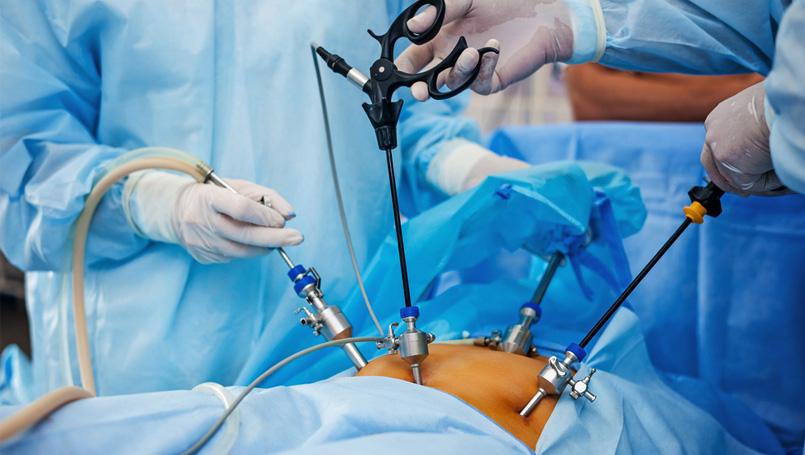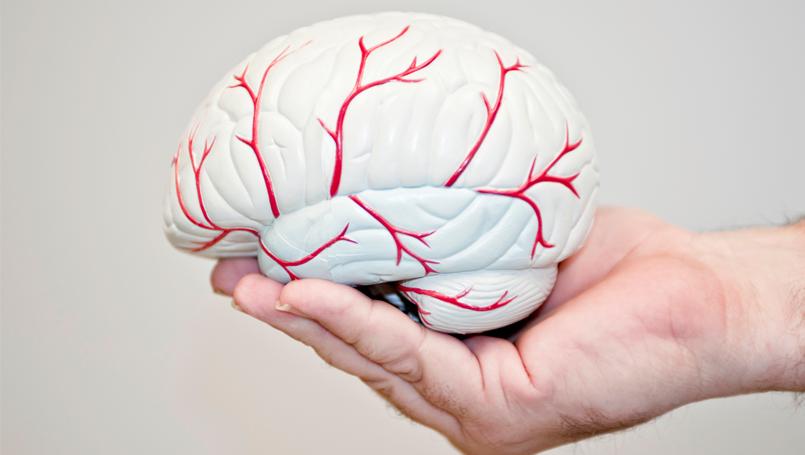Taken Lectures on Migraine and Headache
TATA motors finance
204, Mayfair Towers,2nd floor, KB Joshi Path, wakadewadi, Shivaji Nagar Pune Maharashtra -411005
Time- 3 pm to 4 pm
Importance of Gynecologists in Women’s Health
When it comes to gynecological health, most women assume that if they have monthly menstruation and no bad symptoms, they are in good health. Although this is correct, there are several reasons why you should not skip your OB/GYN's yearly appointment.
How to Boost Fertility in Women?
If you are experiencing infertility, have experienced miscarriage, or wish to become a parent, you have arrived at the right spot. We will discuss the factors that influence fertility and what you can do to increase your fertility, as well as learn more about the most commonly explored issues in integrative therapies for infertility.
How Does Laparoscopy Help in Infertility?
Laparoscopy is a minimally invasive method used by doctors to identify why a woman's pregnancy is not progressing normally. This form of surgical infertility assessment is extremely useful for examining endometriosis, scar tissue, and fibroids. It can also be used by medical specialists to repair blocked fallopian tubes.
What is a Neurologist?
A neurologist is a specialist that mainly focuses on the diagnosis and treatment of disorders of the brain, spinal cord, and nerves. Since the human body is so complicated, there are many various types of medical specializations.
Food to Prevent Gynecological Problems
Women often experience a wide range of gynecological problems ranging from irregular periods and lack of ovulation to heavy bleeding and painful cramps. These can be caused by hormonal imbalance or other factors such as infections, cysts, and polyps. There are many different types of gynecological problems that can occur in women.
10 Things Women Should Know About Menopause
Menopause is a normal part of aging for women. It can be very uncomfortable and cause many symptoms, but there are ways to ease the discomfort. If you know what to expect, it will make things easier when your body changes during menopause.
What You Should Know About Stroke Prevention?
A stroke happens when a blood vessel that transports oxygen and nutrients to the brain either becomes obstructed by a clot (ischemic stroke) or breaks (hemorrhagic stroke).








